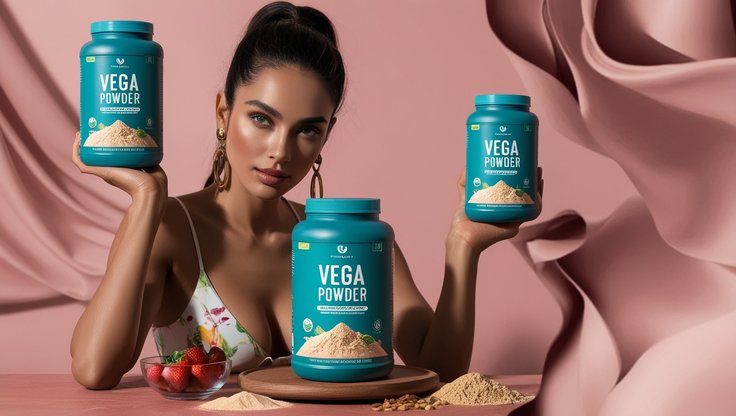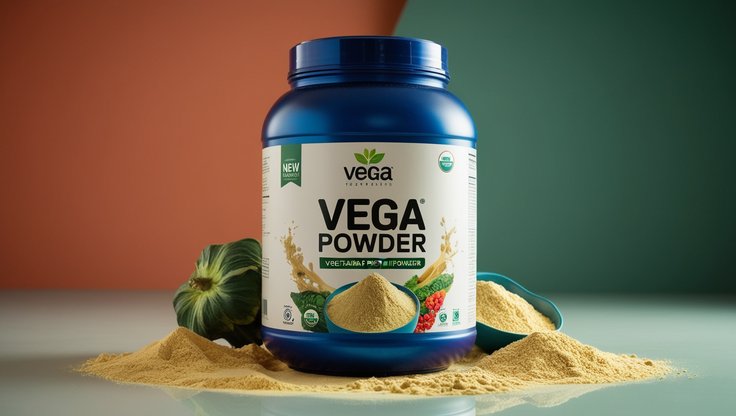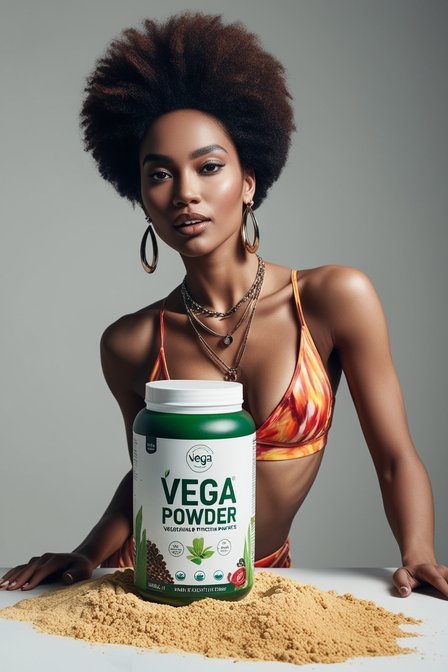Vegan Protein Sources: An Essential Guide
In recent years, the popularity of veganism has surged, driven by concerns over animal welfare, environmental sustainability, and personal health. Central to the vegan diet is the challenge of ensuring adequate protein intake, traditionally associated with animal products. However, numerous plant-based foods are rich in protein, offering a variety of health benefits. This guide explores some of the best vegan protein sources, highlighting their nutritional profiles and benefits.
Legumes: Powerhouses of Protein
Legumes are a staple in many vegan diets due to their high protein content. Beans, lentils, and chickpeas are versatile and nutrient-dense, providing substantial amounts of protein, fiber, and essential vitamins and minerals. For instance, a cup of cooked lentils contains about 18 grams of protein. Moreover, legumes are excellent sources of iron, folate, and magnesium, contributing to overall health and wellbeing.
Nuts and Seeds: Nutrient-Dense Protein
Nuts and seeds are another excellent source of plant-based protein. Almonds, walnuts, chia seeds, flaxseeds, and hemp seeds are not only rich in protein but also packed with healthy fats, antioxidants, and various vitamins and minerals. For example, just three tablespoons of hemp seeds provide approximately 10 grams of protein. Additionally, these foods are beneficial for heart health, reducing inflammation, and supporting brain function.
Whole Grains: Protein in Every Grain
Whole grains such as quinoa, farro, barley, and brown rice are vital components of a vegan diet. Quinoa, often considered a superfood, contains all nine essential amino acids, making it a complete protein. One cup of cooked quinoa offers around 8 grams of protein. Whole grains also provide essential nutrients like fiber, B vitamins, and antioxidants, promoting digestive health and reducing the risk of chronic diseases.
Soy Products: The Vegan Protein Standard
Soy products, including tofu, tempeh, and edamame, are cornerstone proteins in vegan diets. These foods are not only high in protein but also versatile and easy to incorporate into various dishes. Tofu, for instance, contains about 10 grams of protein per half-cup serving. Tempeh, a fermented soy product, offers even more, with approximately 21 grams of protein per cup. Soy products are also rich in calcium, iron, and other vital nutrients, making them indispensable in vegan nutrition.
Vegetables: Surprising Protein Sources
Certain vegetables are surprisingly rich in protein. Broccoli, spinach, kale, and Brussels sprouts contribute significantly to daily protein intake. For example, a cup of cooked spinach provides about 5 grams of protein. While these amounts might seem modest, they add up when combined with other protein-rich foods. Additionally, vegetables are packed with vitamins, minerals, and fiber, supporting overall health and preventing various diseases.
Ancient Grains and Pseudocereals: Hidden Protein Gems
Ancient grains and pseudocereals like amaranth, teff, and buckwheat are excellent protein sources. Amaranth, for example, contains approximately 9 grams of protein per cooked cup. These grains are not only protein-dense but also gluten-free, making them suitable for those with gluten intolerance. They are also rich in fiber, iron, magnesium, and other essential nutrients, contributing to a balanced and nutritious diet.
Plant-Based Protein Powders: Convenient and Efficient
For those seeking convenient protein options, plant-based protein powders derived from peas, rice, hemp, and soy are popular choices. These powders can easily be added to smoothies, baked goods, or other recipes to boost protein intake. A typical serving of pea protein powder contains around 20 grams of protein. Additionally, these powders often come fortified with vitamins and minerals, providing a well-rounded nutritional profile.
The Role of Protein in Vegan Diets
Protein is essential for building and repairing tissues, producing enzymes and hormones, and supporting immune function. In vegan diets, it is crucial to consume a variety of protein sources to ensure all essential amino acids are obtained. While individual plant-based foods may not be complete proteins, combining different sources throughout the day can provide a complete amino acid profile.
Balancing Protein Intake with Other Nutrients
While focusing on protein intake is important, it is equally essential to balance it with other nutrients. Vegan diets should include a wide variety of fruits, vegetables, whole grains, nuts, and seeds to ensure comprehensive nutrition. Paying attention to other key nutrients such as iron, calcium, vitamin B12, and omega-3 fatty acids is crucial for maintaining optimal health.
Addressing Common Concerns and Misconceptions
There are common concerns about vegan diets, particularly regarding protein deficiency. However, with careful planning and a focus on diverse protein sources, it is entirely possible to meet protein needs on a vegan diet. It is also a misconception that plant-based proteins are inferior to animal proteins. Studies have shown that plant-based proteins can be equally effective in supporting muscle growth and overall health.
Environmental and Ethical Benefits of Plant-Based Proteins
Choosing plant-based proteins over animal-based ones has significant environmental and ethical benefits. Plant-based diets are associated with lower greenhouse gas emissions, reduced land and water use, and less pollution. Ethically, opting for plant-based proteins aligns with concerns about animal welfare and the negative impacts of industrial animal farming.
Personal Stories and Successes
Many individuals have successfully transitioned to vegan diets and have experienced various health benefits, including improved energy levels, better digestion, and reduced risk of chronic diseases. Personal stories and testimonials can be powerful motivators for those considering a plant-based diet, illustrating that it is possible to thrive on vegan proteins.
The Future of Vegan Protein Sources
The future looks promising for vegan protein sources, with ongoing innovations in food technology and agriculture. Plant-based meat alternatives, cultured meat, and advances in crop breeding are expanding the variety and accessibility of vegan proteins. As consumer demand grows, so does the availability of high-quality, nutritious, and sustainable plant-based protein options.
Conclusion
Incorporating a variety of vegan protein sources into your diet is not only feasible but also beneficial for health and the environment. From legumes and nuts to whole grains and vegetables, there are numerous delicious and nutritious options to choose from. By understanding and embracing these protein sources, individuals can enjoy a balanced, fulfilling, and compassionate diet. Whether you are a long-time vegan or just starting your plant-based journey, exploring and enjoying the diverse world of vegan proteins can lead to a healthier and more sustainable lifestyle.




